“First-year seminars or courses that promote critical thinking, writing, information literacy, collaborative learning and introduce students to campus life and infrastructure. Small groups of students with high faculty interaction”
Peters, Tisdale, & Swinton, 2019
Academic and social integration into the education system is crucial to prevent student dropout, and first-year interventions in STEM programs have been shown to improve performance and retention (Alkhasawneh & Hargraves, 2014). First-year seminars are aimed at providing students with the relevant knowledge and skills required for navigating the first year of college. They help to enhance student adjustment to the demanding and stressful college environment by clarifying information and managing student expectations and/or misperceptions. Specifically, STEM learning communities have been shown to have the greatest impact when provided during the first semester of a student’s college career (Laufgraben, 2005). Specific integrated first-year programs have been designed and tested, showing promise in their positive impacts on retention and social bonding for first-year STEM students (Kamen & Leri, 2019).
References and additional resources:
Alkhasawneh, R., & Hargraves, R. H. (2014). Developing a hybrid model to predict student first year retention in STEM disciplines using machine learning techniques. Journal of STEM Education: Innovations and Research, 15(3).
Kamen, E., & Leri, A. (2019). Promoting STEM Persistence Through an Innovative Field Trip-Based First-Year Experience Course. Journal of College Science Teaching, 49(2), 24-31.
Laufgraben, J. L. (2005). Learning communities. In M. Upcraft, B. O. Barefoot & J. N. Gardner (Eds.), Challenging and supporting the first-year student: A handbook for improving the first year of college. San Francisco, CA: Jossey-Bass.
Permzadian, V., & Credé, M. (2016). Do first-year seminars improve college grades and retention? A quantitative review of their overall effectiveness and an examination of moderators of effectiveness. Review of Educational Research, 86(1), 277-316.
Peters, A. W., Tisdale, V. A., & Swinton, D. J. (2019). High-impact educational practices that promote student achievement in STEM. Broadening Participation in STEM (Diversity in Higher Education) 22, 183-196.


Leave a Reply